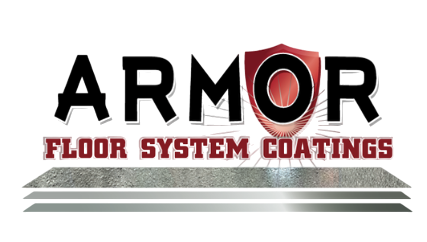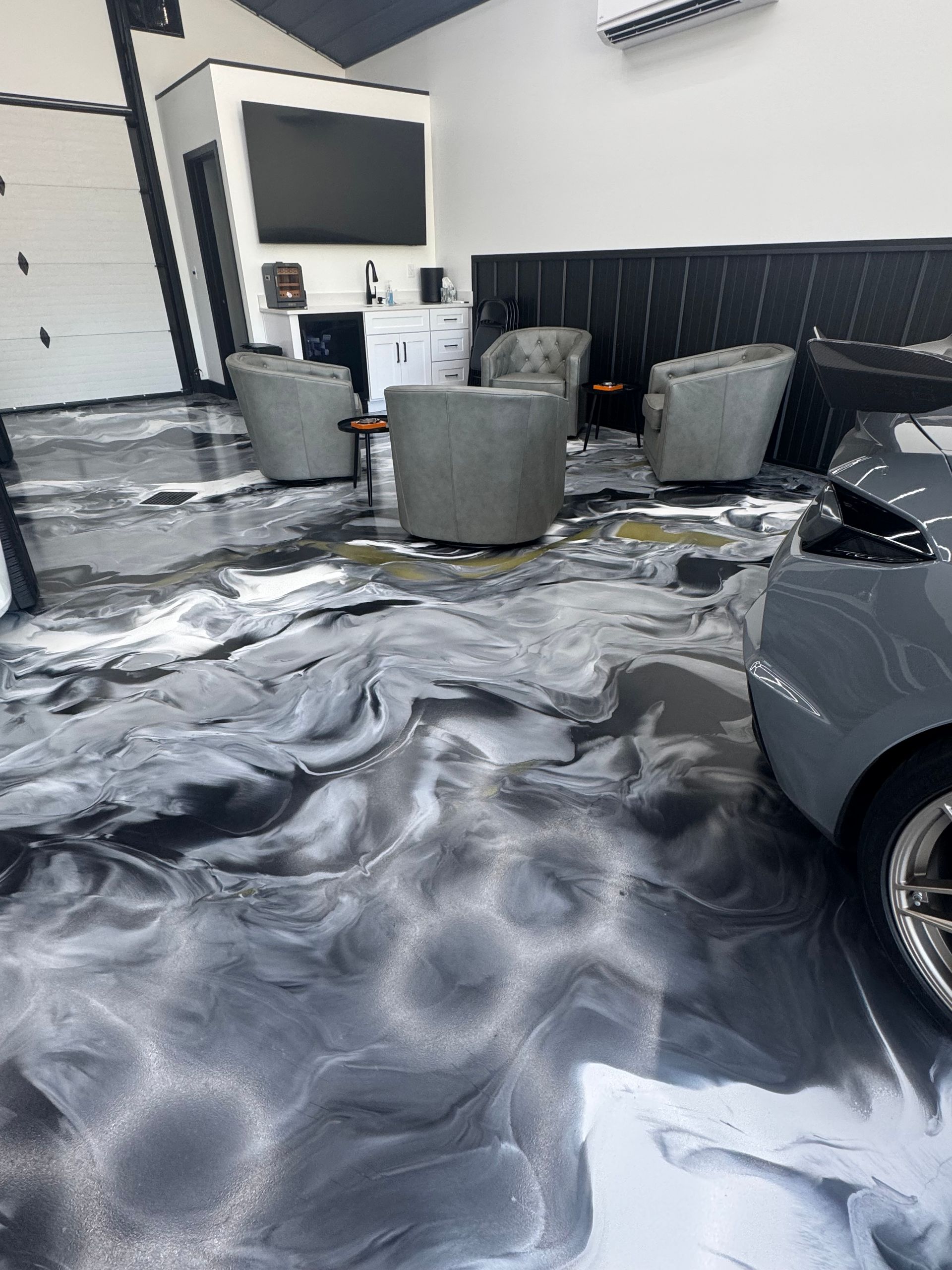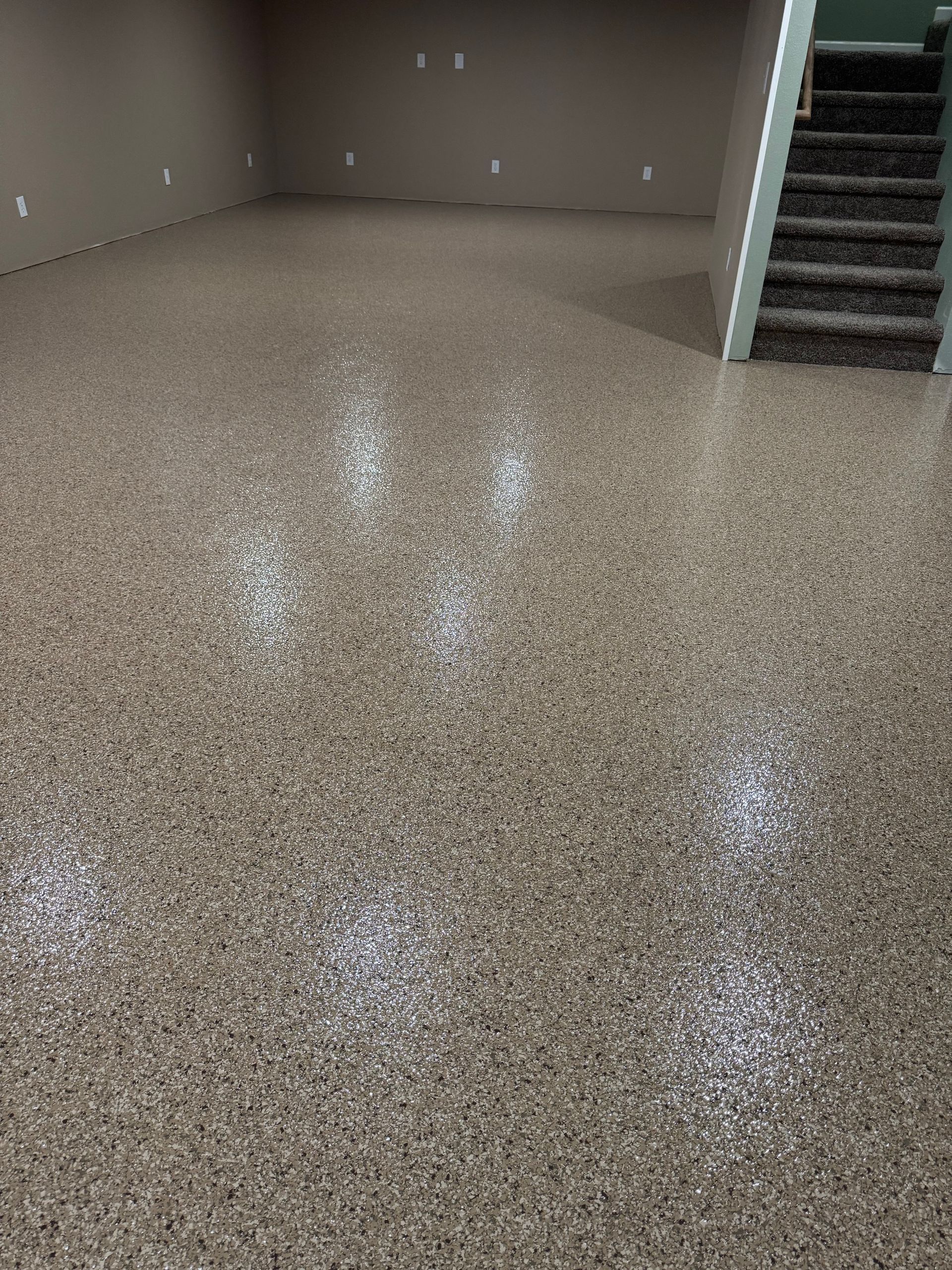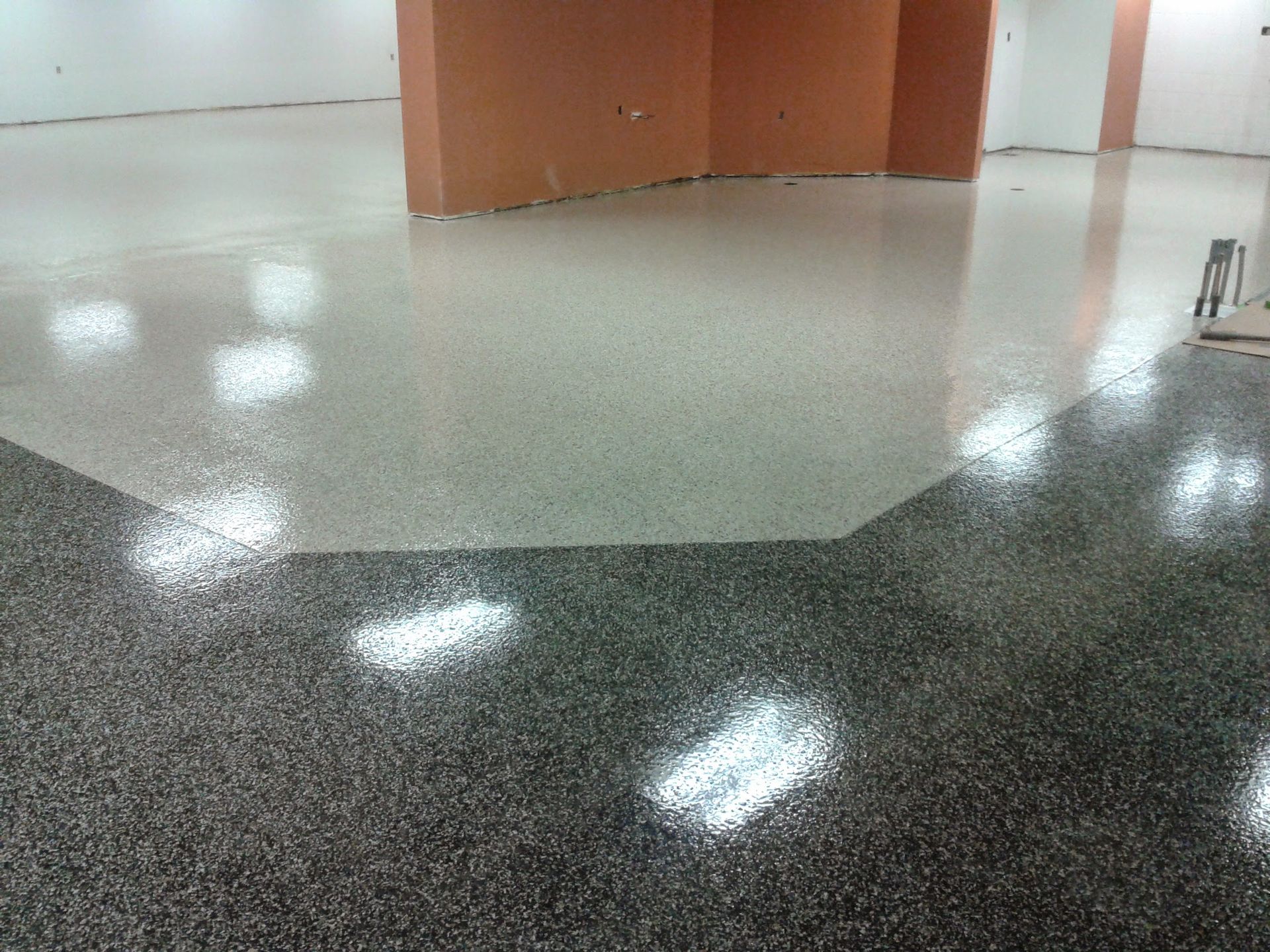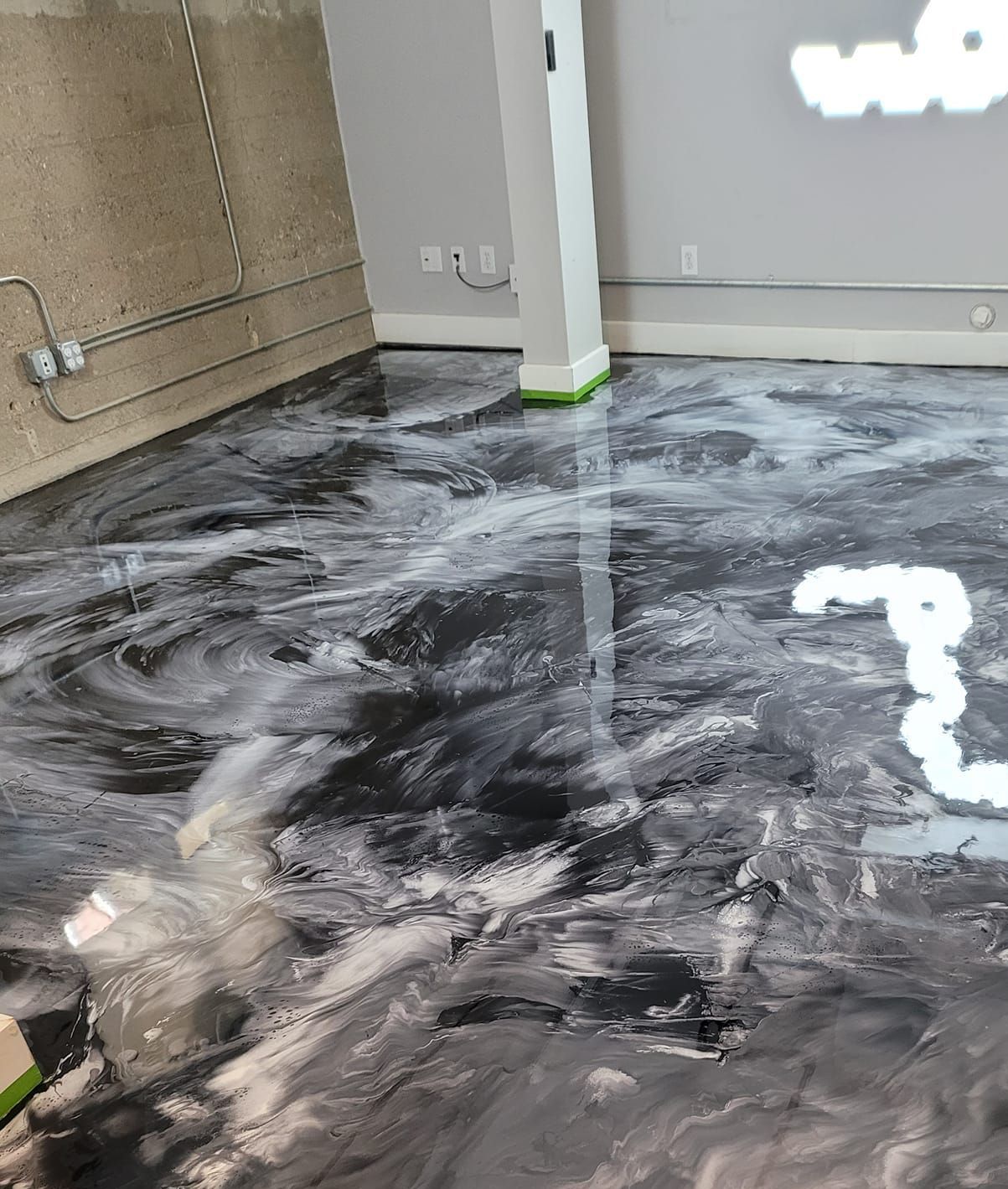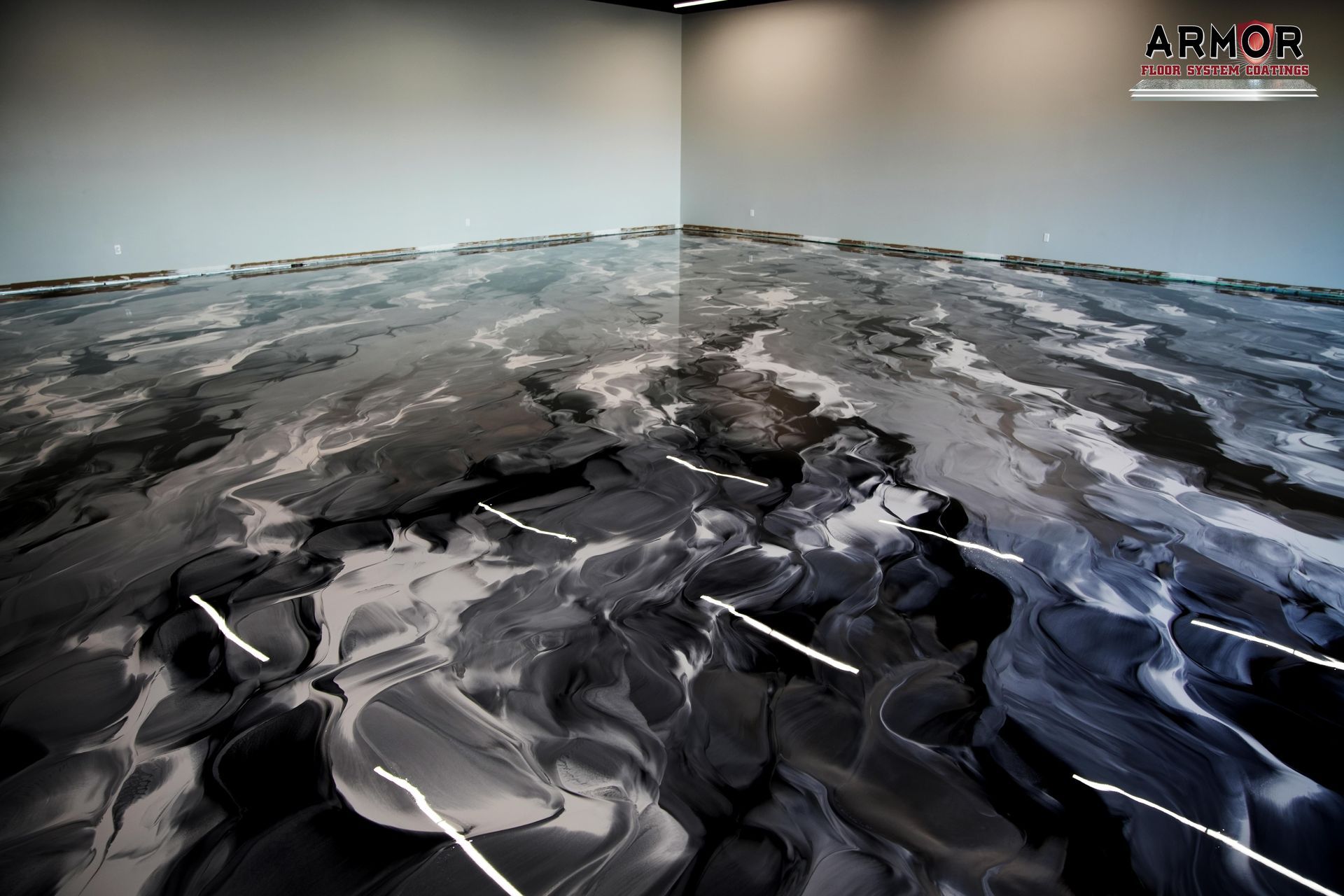Epoxy Coatings
Epoxy flooring is the most common type of polymer flooring installation, known for its durability, versatility, and aesthetic appeal. At Armor Flooring, we specialize in providing high-quality epoxy flooring solutions tailored to your specific needs.
Latest residential projects
Basement Floor
We bring pride and passion to every project that we undertake.
Warehouse
Every project is an opportunity for us to showcase our unwavering commitment
Garage Floor
We take immense pride in our craft and approach each project
FAQs
What are the different types of epoxy flooring installation methods?
Squeegeeing Epoxy: Spreading the epoxy with a squeegee to ensure an even application across the surface.
Roller Epoxy Application: Applying epoxy with a roller, similar to painting, for thin and smooth coatings.
Epoxy Slurry and Broadcast: Pouring a slurry mix of epoxy resin onto the floor and adding broadcast aggregates for texture and additional strength.
Epoxy Power Troweled Resurfacer: Screeding epoxy, typically applied at 1/4 inch thickness, mixed with blended aggregates to form an epoxy mortar. This method is finished with hand trowels and power trowels to resurface and restore concrete surfaces.
What are the thickness options for epoxy flooring?
Thin Coating: As thin as a coat of paint.
Standard Coating: Up to 3/8 of an inch.
Repair Coating: Several inches thick for areas in need of significant repair.
Why is expertise important in industrial epoxy flooring?
Proper installation requires well-trained applicators.
Specialized preparation techniques ensure surface readiness.
Applicators must understand the appropriate epoxy coatings or resurfacers for each application.
How do epoxy coatings vary in resistance?
Chemical Resistance: Varies depending on the type of epoxy used.
UV Resistance: Higher resistance typically found in faster-curing epoxies.
Environmental Factors: Proper product selection ensures durability in specific conditions.
What affects the cost of epoxy flooring installation?
Thickness: Thicker floors generally cost more.
Speed of Cure: Faster-curing epoxies are typically more expensive but offer better chemical and UV resistance.
Quality vs. Budget: While it’s tempting to choose the least expensive option, understanding the nuances of epoxy flooring ensures better results and long-term value.
